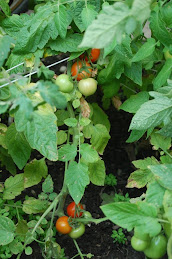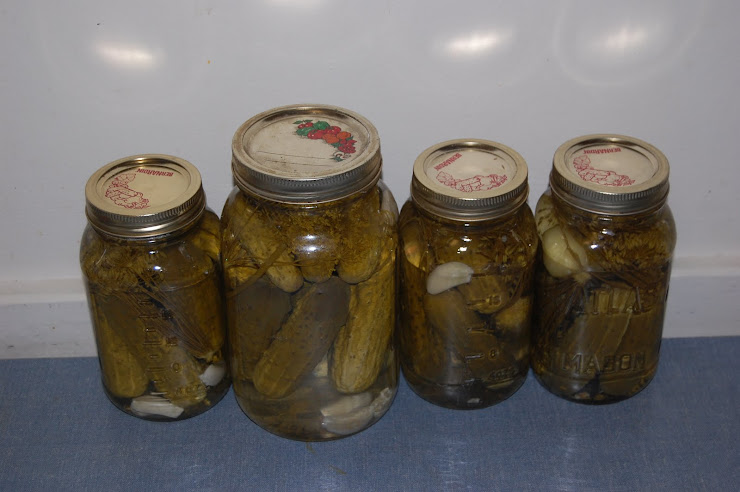This weekend is the Great Backyard Bird Count! The Great Backyard Bird Count is a revolutionary research project that encourages volunteers to participate by counting the number and species of birds in their own backyards. The event takes place from Feb 14- 17 worldwide and only requires a minimum of 15 minutes. You can read how to get started and register to log in your findings here
Anyone in the world who can donate as little as 15 minutes can join the bird count and fill out a tally sheet to help form a real-time, global snapshot of the health and size of bird populations in their area.
The one rule is that you have to do it over one of those four days over the weekend, and you have to spend at least 15 minutes counting birds. It could be on your balcony, it could be in your backyard or you could go down to the local duck pond or you could go to Algonquin park!*
In 2013, Great Backyard Bird Count participants in 111 countries counted 33,464,616 birds on 137,998 checklists, documenting 4,258 species—more than one-third of the world’s bird species! The information collected from this project among others is used to obtain a big picture glimpse of bird populations and over the long term the information can be used to help scientists discover what effect things like climate change, industrial growth and pesticides are having on birds worldwide.
Here in Toronto it's been so cold for most of the winter that I haven't seen many birds at all, although two weeks ago a red tailed hawk landed in the tree not 10 feet from the deck! I've been putting out food periodically, which usually attracts more squirrels than birds but I try. Tomorrow looks like it will be the warmest day in a while so the most likely for bird activity. To encourage more feathered visitors I'm making some feeding stations and one my favourite methods is by making homemade suet blocks. I make these with ingredients I have on hand and packaged bird seed.
Suet is a bit of a misnomer in this case because I have already rendered the suet to make tallow which I keep in jars in the fridge. You could use any edible fat that solidifies at refrigerator temperatures.
For a small batch I melt about a 1/2 cup in a small sauce pan and add 1/2 cup peanut butter.
When it reaches a liquid consistency (careful not to overheat!), I add about 1/2 cup of rolled oats, as well a small amounts (1- 2 tbsp) of seeds (flax, sesame, sprouting seeds),chopped nuts and dried fruit. You could use any small grain or cornmeal in place of the oats.
Stir well and remove from heat- you don't want to cook the additions, just make sure they are well covered in the melted fats. When the mixture has cooled a little I add birdseed until the consistency of the mixture is almost solid but still well covered in fats.
Spoon the mixture into a mold- I like to use muffin tins to make several small pucks but you could do one big block if you have a method to hang it. Place in a cold place to solidify.
Once the pucks are solid you will want to suspend them in something that holds the pucks together but still allows birds (and squirrels) to nibble at them. I use empty mesh onion bags to hang them in the nearby tree. The squirrels will try to run away with the entire bag given the chance so I have been experimenting with methods that keep the mesh firmly attached to the branch but I'd admit I've had limited success. For a creature with a brain the size of a nut, squirrels are incredibly persistent and creative at getting what they want!
Happy Bird Counting!
*Notes from an interview with Dick Canning, senior projects manager for Bird Studies Canada, by Evelyn Boychuk, CBC News























.jpg)




No comments:
Post a Comment